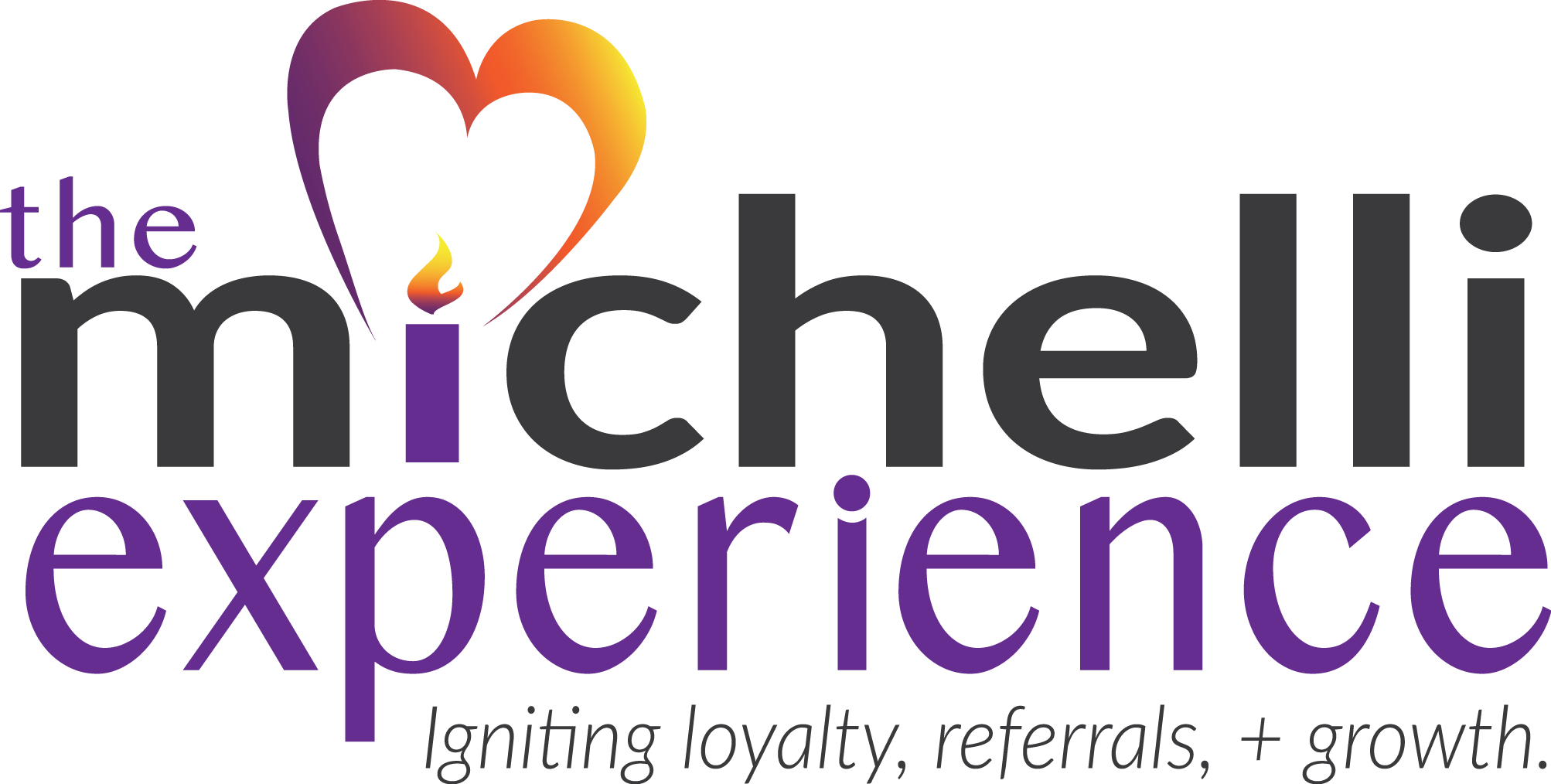Thank you for joining me for this series titled Stronger Through Adversity. The book by the same name is based on conversations I’ve had with more than 140 global leaders as they navigate through COVID-19.
In my last post, I outlined how leaders who participated in the book reported enhanced formal and informal listening for all stakeholders during the pandemic. I also provided an example of dramatically expanded informal listening.
So, let’s talk this week about formal listening, which includes inviting customers to attend virtual feedback sessions (focus groups) or sending surveys to employees. Formal approaches like surveys generate large quantities of real-time and actionable information, as evidenced by leaders like Cheryl Vescio. Cheryl is the Senior Director of the Retail Sales Group at Zeiss – an international technology solutions company that provides lenses for glasses, cameras, binoculars, and other medical, research, and industrial applications.
Cheryl described Zeiss’s formal listening by noting, “In addition to published industry data, very early on, we conducted our own research to gauge the impact of the crisis and to identify what the most significant customer needs and concerns were. Based on our findings, we were able to rapidly pivot our marketing and communication strategies to address emerging needs. For example, we were able to respond to staff hygiene training, practice management tools, social media tips, how to practice sanitization for re-opening, and other concerns.”
The input of leaders like Cheryl and Natasha Hritzuk, Vice President and Head of Consumer Insights at WarnerMedia Entertainment, reinforce my experiences with employee and customer surveys both before and during the pandemic. Specifically, infrequent and more detailed relationship surveys need to be supplemented with intermittent (pulse) surveys to capture large customer and employee sentiment samples.
This approach creates an opportunity to repeat questions to assess changes in thoughts, feelings, and needs over time. It also enables you to insert questions tailored to a specific situation (for example, how team members feel about returning to work) or evaluate perceptions based on prior feedback (for example, your customer’s willingness to dine inside your restaurant). These pulse surveys are useful in any rapidly changing situation, such as a PR crisis, a significant social disruption, or a substantial modification of product or service delivery.
How effectively have you deployed pulse surveys (in conjunction with assessments of overall team member or customer engagement)? What have you learned from those surveys? How have you closed the loop to make changes and communicate those changes to those you surveyed?
I would love to hear your answers to those questions and discuss how you can drive maximally effective formal listening throughout your organization. Please reach out to me and we’ll find time for a conversation.
If you would like to learn more about Stronger Through Adversity and get your special signed 40% off pre-order offer, head to strongerthroughadversity.com.
Until next time, may you be Stronger Through Adversity by formally listening beyond the words.

Joseph A. Michelli, Ph.D. is a professional speaker and chief experience officer at The Michelli Experience. A New York Times #1 bestselling author, Dr. Michelli and his team consult with some of the world’s best customer experience companies.
Follow on Twitter: @josephmichelli



